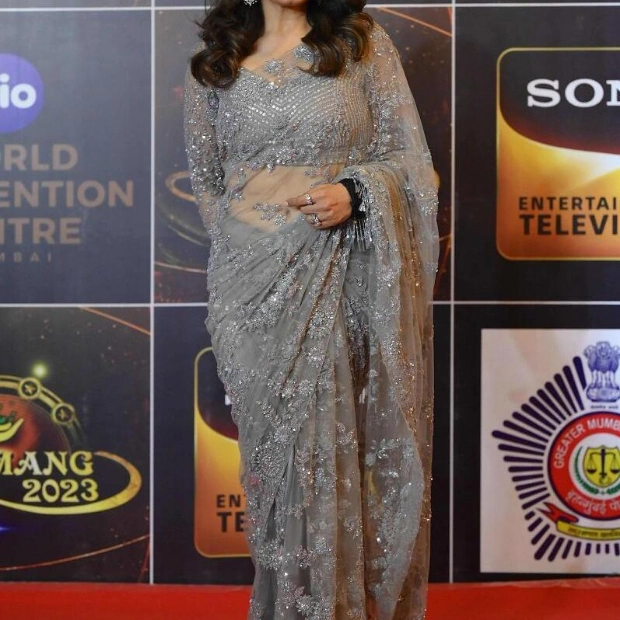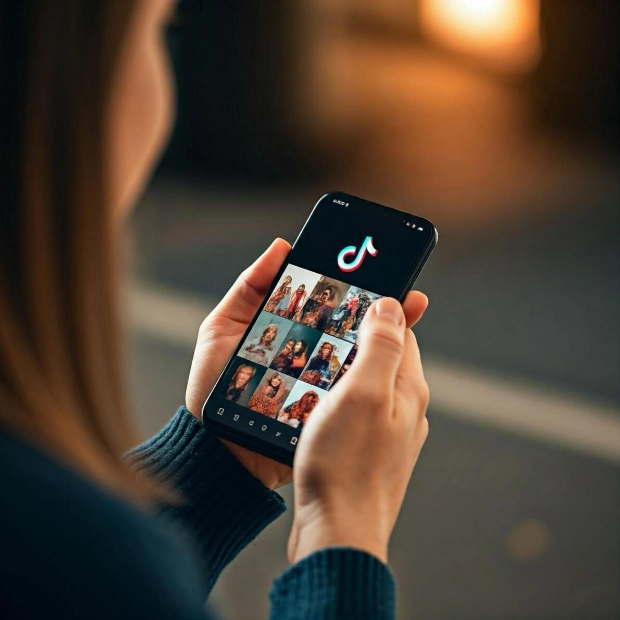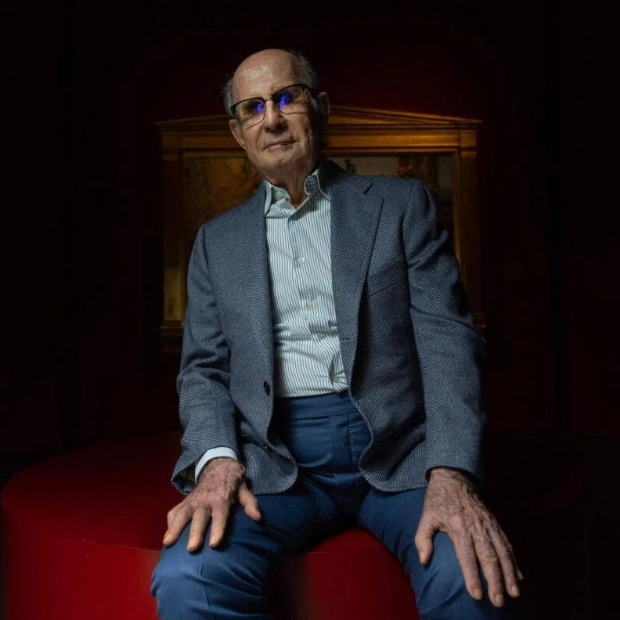Do you know anything about Carson Bride from Portland, Oregon? Here was a promising young life cut short tragically by vicious attacks of cyberbullying. Do we want this future for our children?
Carson's life was celebrated and the message that young users are always vulnerable on social media resonated far and wide on the very first day of the recently-held Sync Digital Wellbeing Summit 2024 at the King Abdulaziz Centre for World Culture in Dhahran, Saudi Arabia, as Carson's mother Kristin Bride recalled what it has been like to live with the unspeakable trauma of losing a son.
The American teen had worked hard to get a summer job. His family was proud of him. All was well — until it wasn't. One fateful night in 2020, Carson returned home, had dinner and scribbled his work schedule on the kitchen calendar. The next morning, he was gone. To her horror, the grieving Kristin quickly learned that her son was at the receiving end of hundreds of negative, harassing and sexually explicit messages on an app by his high school friends.
Kristin has since become a vocal advocate for cyberbullying prevention. She has diligently railed against big tech's apparently unscrupulous, profit-driven practices through their continuous launch of new digital products and platforms without adequate regulation and accountability.
Carson was one of the star speakers at the Sync Digital Wellbeing Summit, a gathering of tech wizards, scientists, social media reformists, authors, AI experts, psychologists, child healthcare specialists and hundreds of attendees from all over the globe.
In a moment of profound irony, Kristin found herself on stage alongside Steve Wozniak. But 'Woz,' the co-founder of Apple, proved to be just the perfect match for her in a conference of this nature, which aims to unite the global community in reflecting on not just the dreams but also the deterrents to the growth of technology and provide solutions to an empowering and ethical digital future.
Wozniak, who firmly believes in ‘digital positivity,’ brought the house down when he deadpanned, 'I often like to say that those of us who brought this digital world should be executed.' But then, the gentle Woz, like the rest of us, has been condemned to live in such a world. That's his punishment.
Yet, at the two-day Sync Digital Wellbeing Summit 2024 that took place on May 22-23, it wasn't just Woz who grabbed the headlines. Among the panoply of voices, one stands out — the Bahrain-based social media influencer, Omar Farooq. His powerful and at times, unintentionally amusing documentary, The Dark Side of Japan, wowed audiences.
The documentary is told through Farooq's eyes and features his voiceover. Few countries in the world are as tethered to technology as Japan, where social media has been identified both as its strength and scourge. So it's refreshing to hear one Japanese interviewee remark that he finds greater happiness in the simple joys of life.
Like mental wellness, digital welfare is fast becoming a buzzword as younger users from Riyadh to Rome and New York to Nice Tik-Tok their way to an online mega-verse in the hope of finding a sense of comfort, solace, happiness, round-the-clock entertainment, validation, motivation and even inspiration in what is essentially just a glorified bubble.
At the Sync Summit, one of the takeaways turned out to be that digital wellbeing goes beyond just screen time management or avoiding harmful content. It encompasses a broader perspective, including fostering healthy online interactions, using it as a cultural tool, making a conscious effort to spread positivity and kindness through your digital platforms even though you are hiding behind a screen of anonymity, challenging and condemning negative emotions, embracing and learning from the technology's educative aspects and basically, being a good digital citizen, or ‘digital sheriff,’ as the zeitgeist has it.
Naturally, Artificial Intelligence (AI) took centre stage at the summit. One of the highlight sessions included ‘Confronting the Digital Paradox: Navigating the Complexities of Our Tech-Saturated World’, in which speakers argued about how AI is a double-edged sword.
A groundbreaking flagship initiative called the Global Digital Wellbeing Index (DWI) was also unveiled by Sync. This first-of-its-kind research provides a comprehensive framework for understanding how technology impacts our wellbeing. Developed through collaboration between Ithra, Horizon Group, and PSB Insights, the DWI combines data from 35 countries and is based on a survey of 12 key areas such as social cohesion, the quality of information available online, cybersecurity, the ability to disconnect from technology, and social connectedness.
Inside the iconic, pebble-shaped Ithra building in Dhahran (symbolising 'unity' and designed by Norwegian architectural firm Snohetta), Fahad AlBeyahi, lead of the Digital Wellbeing Research at Ithra, sits beside a striking installation of a spinning globe firing away a veritable technological trove. He insists that he has his work cut out, stating that the Sync Summit remains steadfast in its commitment towards promoting ethical technology consumption.
Despite the obvious concerns surrounding tech's negative effects, AlBeyahi is optimistic about the digital future. “The digital is touching every one of us, not leaving anyone. It's affecting our health, productivity, our environment, privacy and safety. With this summit, we want to create awareness about digital wellbeing and to safeguard the world’s future. We believe that technology can be a force for good and can provide great opportunities for learning.”






